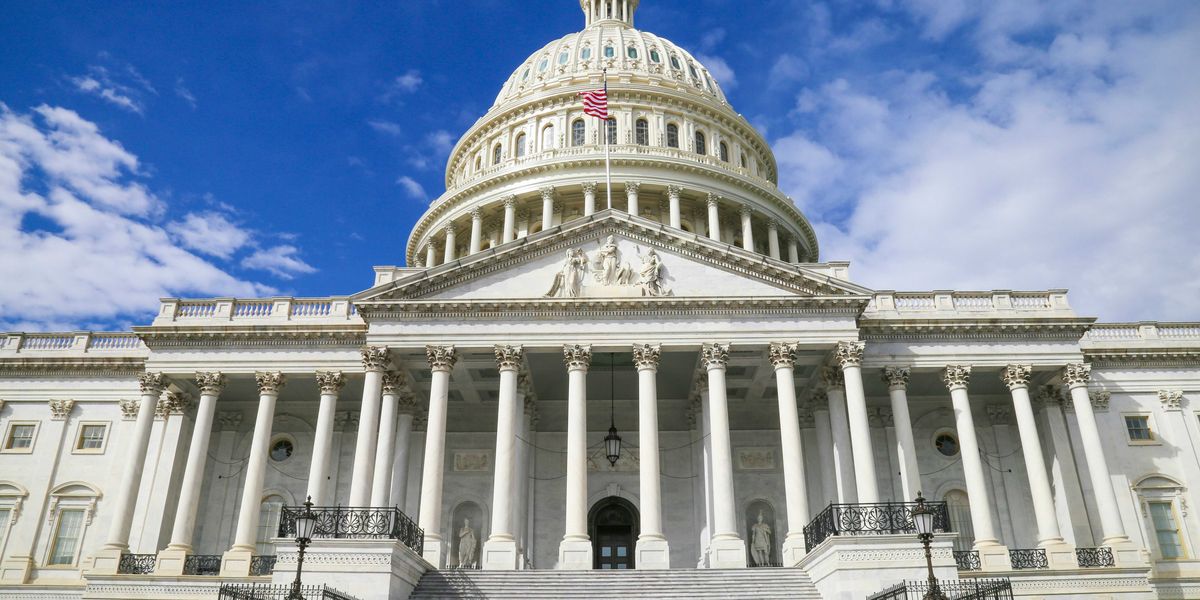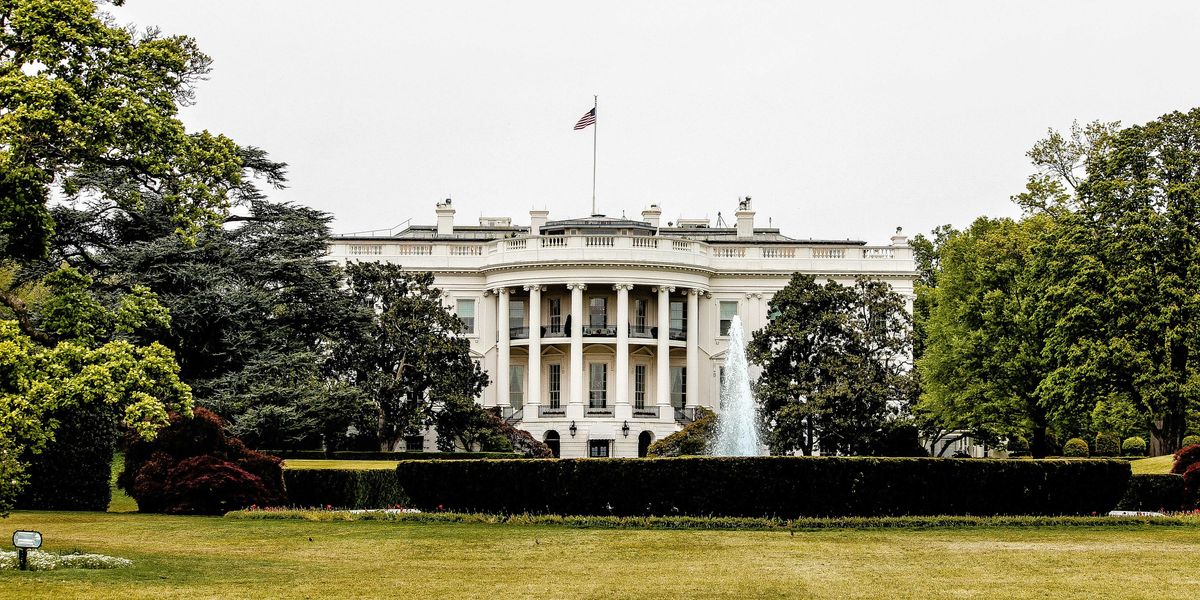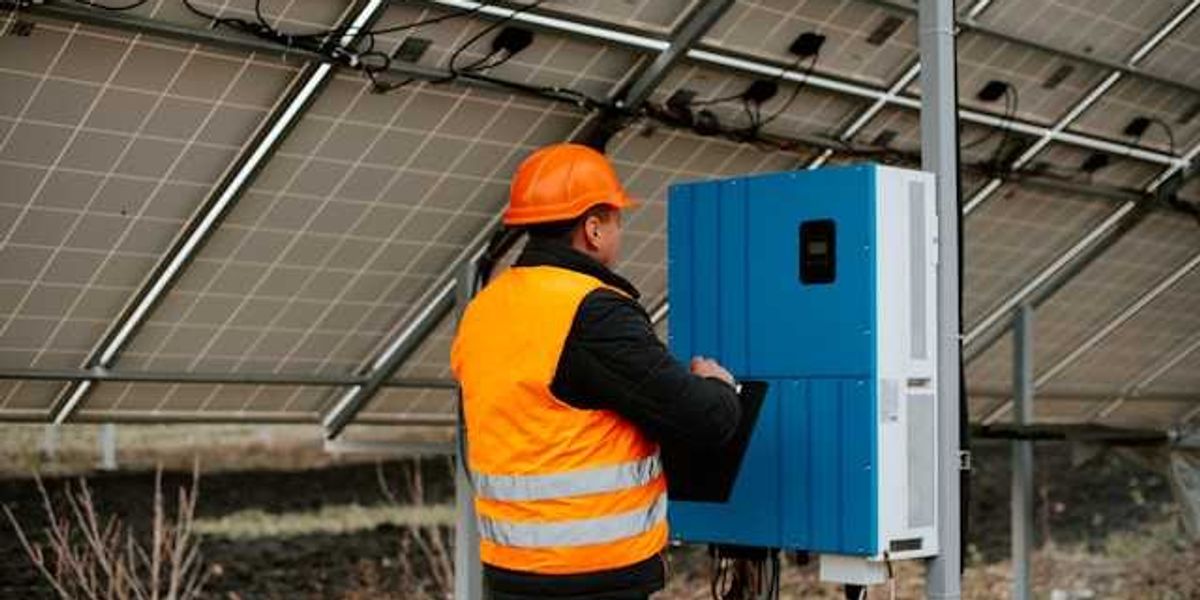As Senate weighs wind and solar rollbacks, a look at how the GOP megabill threatens clean energy growth
The Senate is reviewing a sweeping House bill that would slash tax credits for wind, solar, and battery projects, potentially reversing clean energy gains and escalating electricity costs.
Christa Marshall reports for E&E News.
In short:
- The House bill sets narrow windows for clean energy projects to start and finish in order to qualify for tax credits, with added restrictions on sourcing components from countries like China, Russia, and North Korea, raising major compliance challenges.
- Analysts warn the rollback could drastically reduce renewable energy deployment, with a Princeton University analysis projecting a one billion metric ton rise in annual emissions and job losses potentially reaching 300,000 nationwide, according to the Solar Energy Industries Association.
- Battery storage may be the hardest hit sector due to its dependence on foreign supply chains, with modeling by the Center for Climate and Energy Solutions showing up to an 89% drop in deployment by 2035.
Key quote:
“Lost jobs in every single state are a recipe for disaster for American families, businesses, and the U.S. economy.”
— Abby Ross Hopper, Solar Energy Industries Association president and CEO
Why this matters:
Slashing tax credits for wind, solar, and battery projects could undermine years of growth in America’s clean energy sector. These incentives, expanded under the Inflation Reduction Act, have driven the rapid deployment of low-carbon technologies, supported hundreds of thousands of jobs, and made solar and wind competitive with fossil fuels. By tightening construction deadlines and introducing vague, geopolitically charged sourcing rules, the proposed legislation risks freezing many new projects in place. This is especially disruptive at a time when the U.S. grid faces rising demand and aging infrastructure. Penalizing projects for foreign components without clear alternatives in place could delay or derail vital capacity expansions. Meanwhile, electricity users could see rising costs, especially in states already strained by heat, wildfires, or power outages.
Related: Democrats weigh whether to embrace Elon Musk’s criticism of GOP clean energy rollback













